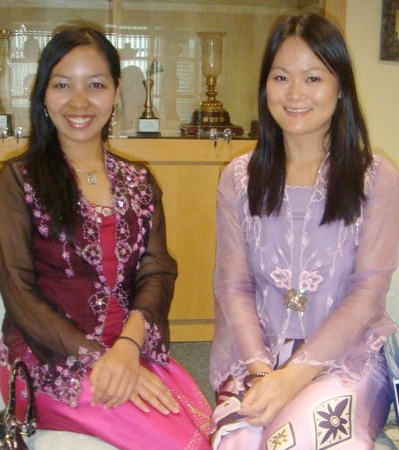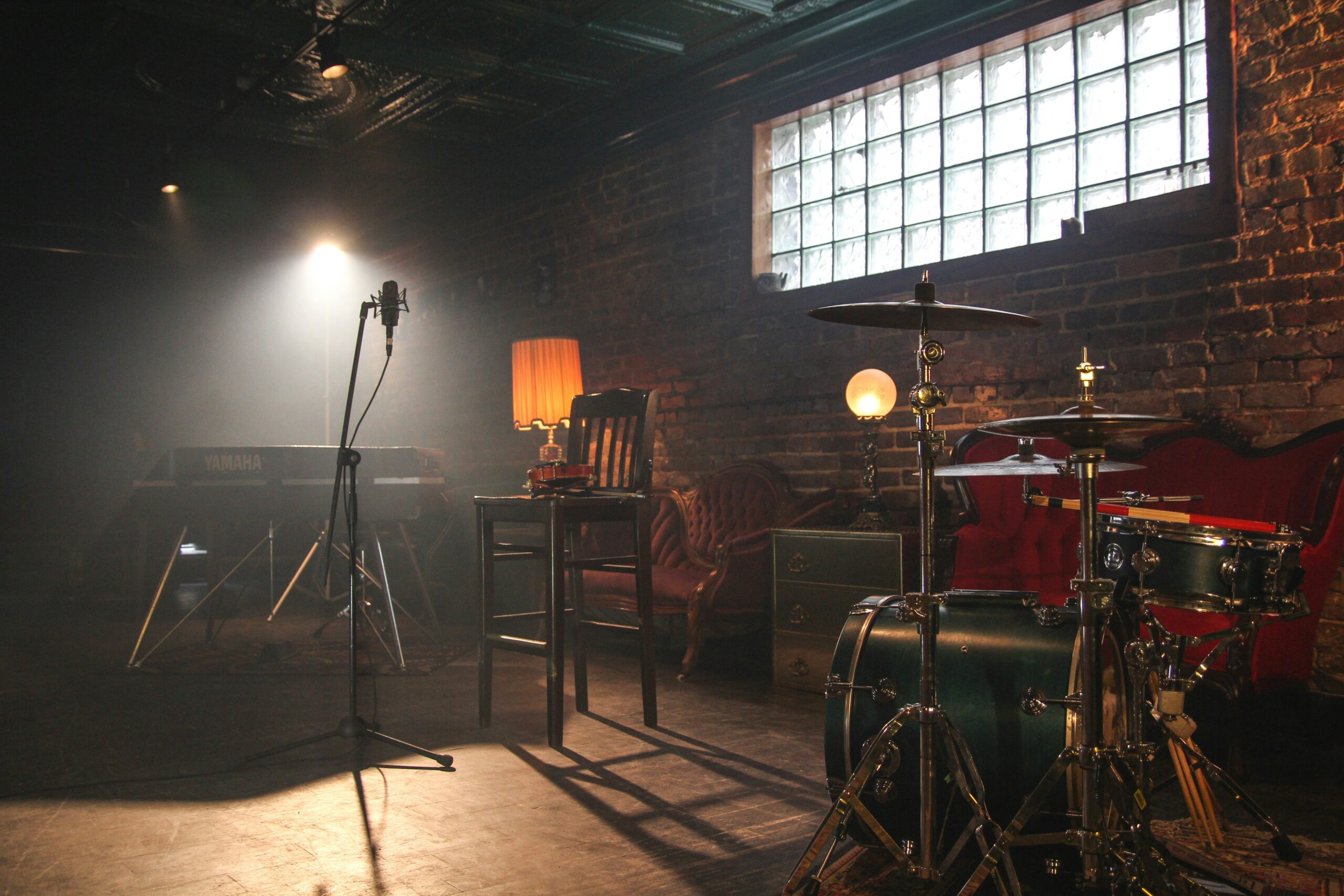Switchflick Productions: getting permission to use archival images & footage in a documentary


Switchflick Productions is the brainchild of Sophia Himi and Vivian Wong (pictured above; reproduced with permission), co-directors who produced a documentary about a renowned Former First Lady in Southeast Asia.
The duo contacted Arts Law in relation to issues they were having with securing archival images and footage from the former First Lady’s public life, held in an international Archive. Sophia and Vivian were concerned that amendments to their own standard copyright clearance form required by the Archive would result in their film being published or reproduced without their permission. They were also concerned about unspecified copying costs required by the Archive.
Getting Advice
Sophia explained that they approached Arts Law because “We saw the website and browsed through the services provided by Arts Law. It seemed credible and we trust the advice is reliable. The best part is it’s free. When we emailed seeking assistance, we received a response promptly. In three words, Arts Law was efficient, professional & reliable.”
Following advice from Arts Law pro bono lawyer, Michael Tucak from Creative Legal, Sophia and Vivian were able to draft a new copyright clearance that incorporated the wishes of the Archive by specifying that the images would only be used for the purpose of the film. They also protected their own interests by adding clauses that confirmed the Archive could not reproduce the film without permission and that only a specific amount would be paid for copying.
Arts Law’s advice also helped to clarify the areas where Switchflick’s own standard copyright clearance form required rewording and placed them in a better position to understand the concerns of the Archive. Of particular importance was the need to credit the Archive without compromising Switchflick’s rights in the wider film – an issue that was resolved with the addition of a simple credits clause.
In the end, the Archive asked that Switchflick Productions sign the Archive’s standard copyright clearance form instead. However, because of Arts Law’s advice, Sophia and Vivian were able to already better understand their rights and responsibilities under the Archive’s form and were able to negotiate to protect their interests under that document to a similar end.
Tips
Sophia’s tips to other filmmakers seeking copyright clearances for archival footage and photographs: “It would be best to find out if the archive department has their own terms and conditions first. When you are dealing with international companies, miscommunication tends to happen. Be aware of the time frame involved in obtaining the footage from overseas. If it’s urgent, it’s best to let them know your time frame and ask for the costs involved.”
Further resources you might find useful:




